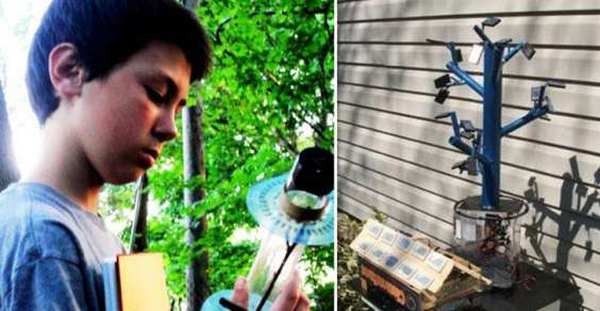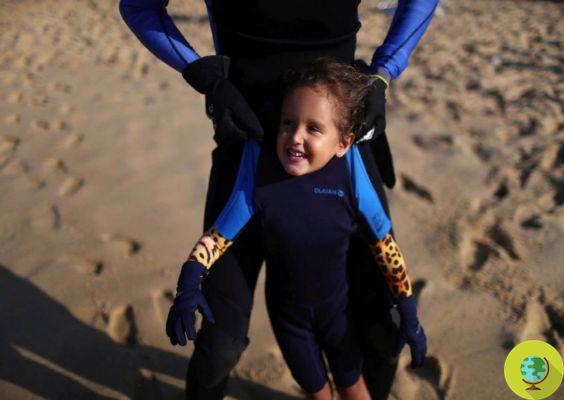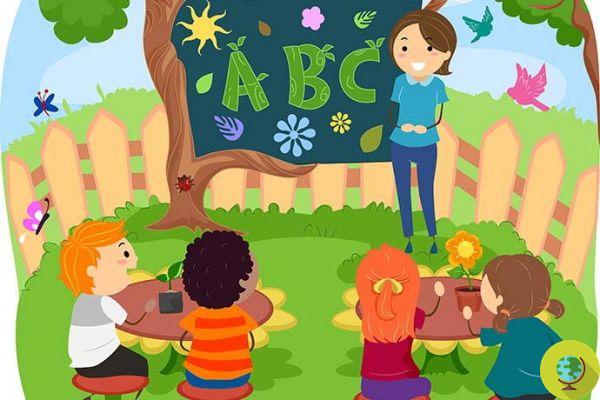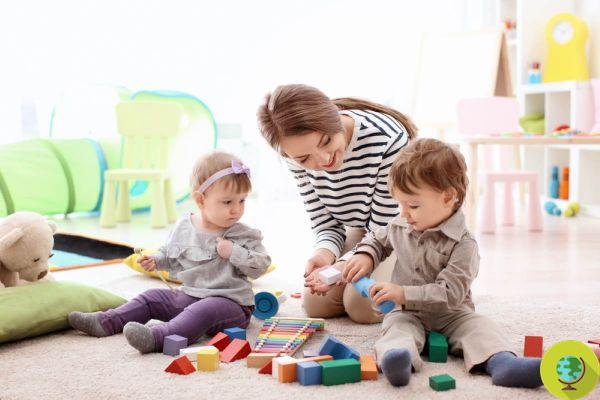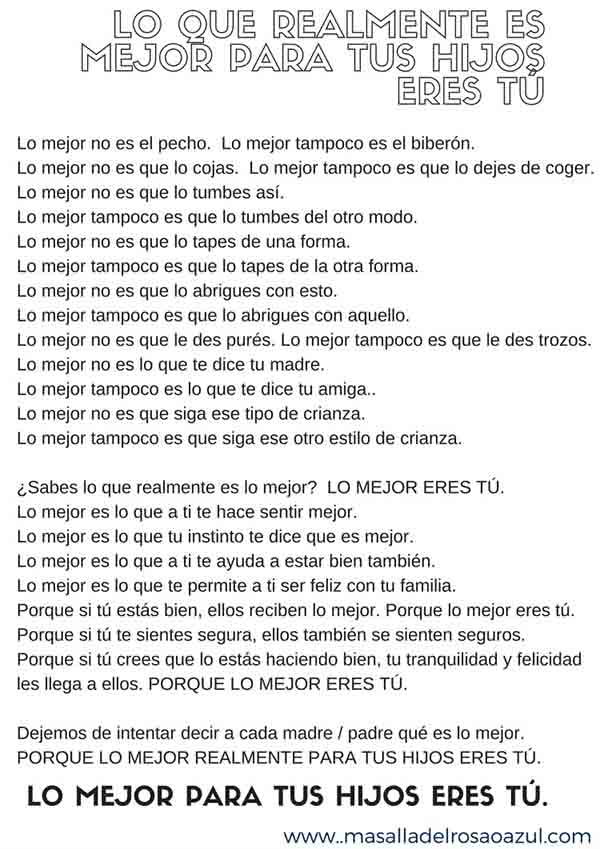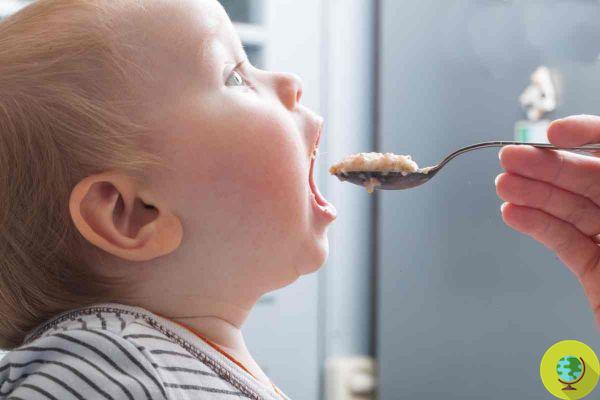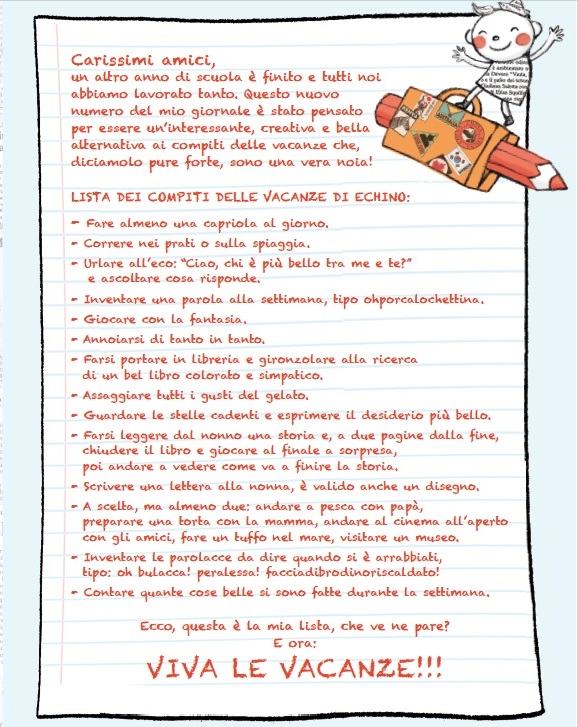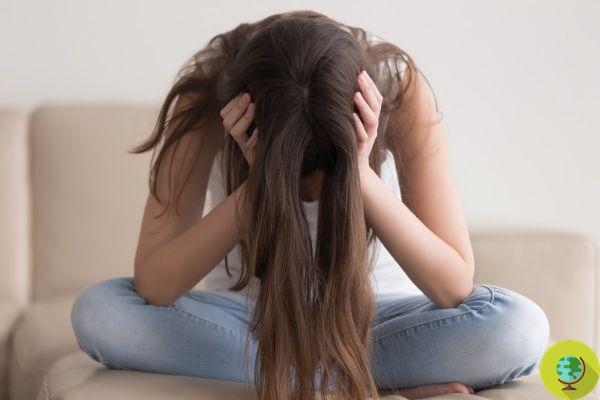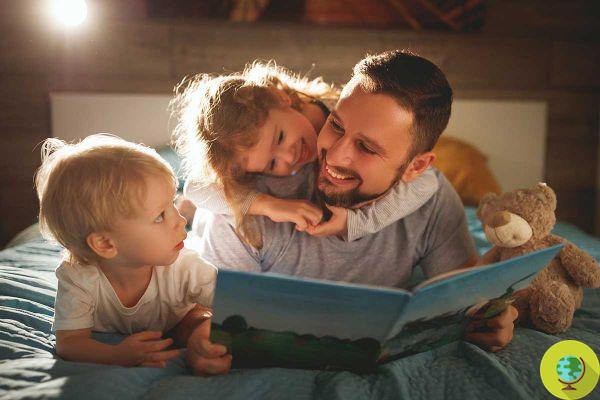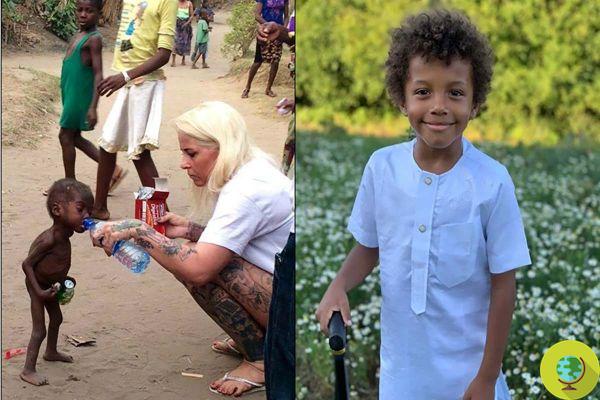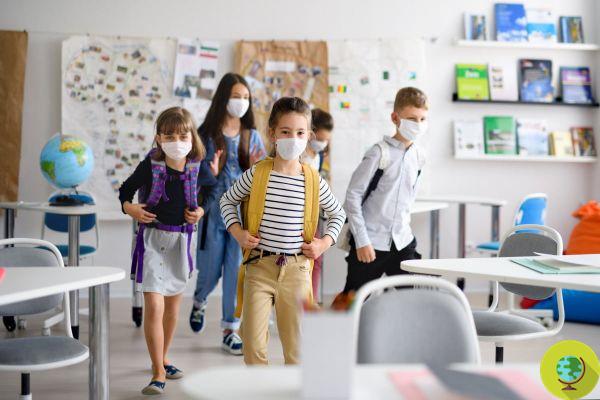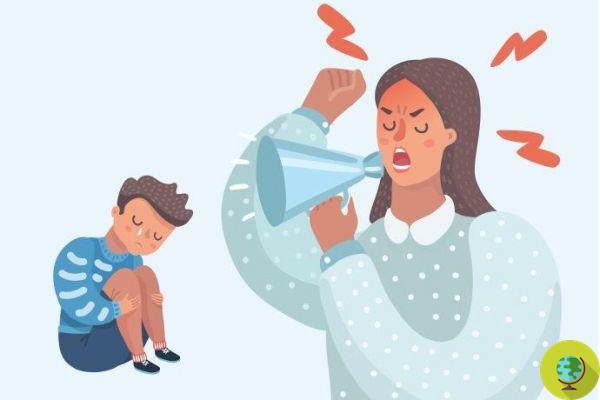
Yelling at children: this is why you shouldn't do it and how to communicate positively with the little ones
Don't store avocado like this: it's dangerousYelling at children: this is why you shouldn't do it and how to communicate positively with the little ones
Those who have children know it, we love them so much but sometimes they lose patience and so anger and screams are often around the corner. Scream at the children But it's never a good idea, a psychologist explains why and what are the best alternatives to have constructive communication with your children.
Sometimes yelling at children seems like the most natural thing in the world, parents who are often tired and emotionally exhausted react badly to provocations and whims of the little ones. Shouting may seem like the perfect tool to get your baby's attention and make him worry about the consequences of her actions.
In reality, shouting at the little ones is useless and counterproductive, this is not in fact a way of communicating and only creates harmful effects on the trust in the relationship and on the sense of stability of the children, with the risk of generating long-term problems.
To support this is Dr. Laura Markham, psychologist and author of "Peaceful parent, happy kids: how to stop yelling and start connecting": or how to stop screaming and start connecting.
What happens when you yell at children?
The good news is that if this happens sporadically (and we know that with all good will it happens even to the most experienced parents), the psychological and emotional damage for the children is minimal, if instead you constantly use this tool the risk is of finding themselves screaming children, a problem that will tend to increase even more in adolescence and then in adulthood.
In fact, children see their parents, and more generally the reference adults, as models of self-regulation. Basically, in order for a child to behave the way we want, we must be the first to set a good example. If we don't want him to scream or scream, we must do this accordingly.
Dr Markham argues that parents who scream unknowingly are changing children's brains. This is because brain neurotransmitters, which in quiet situations respond by sending biochemicals that pass the message that we are safe, create contrary sensations when you scream. The child releases substances that convey a sense of fight, flight or paralysis.
It therefore happens that the child, in the long run, could react by hitting, running away or feel a sort of immobility compared to the screams that are addressed to him. If the action of yelling scolding is repeated often, that behavior risks becoming ingrained in him.
Why avoid screaming and how to do it
As the psychologist reminds us, "shouting is not communicating". It doesn't matter where we are or who we do it with, the moment we raise our voices our words lose credibility. When the parents cry out, the children forcefully accept the situation but the child is no longer open to trusting the relationship with the adult and will tend not to listen. It was therefore all in vain.
Avoiding yelling at children is also important because, otherwise, they are taught that adversity can only be met by using a loud, angry voice.
How to avoid doing it? Here are some tips to put into practice right away to avoid screaming:
- Use humor to make a child avoid bad behavior. Laughing is better than screaming or crying and still allows you to maintain authority and the pulse of the situation.
- Practice raising your voice only in crucial situations, for example when the baby could get hurt. In all other cases, to communicate, lower your voice.
- Focus and commit to creating a calm dialogue. Screaming disrupts all forms of communication between you and your baby and often prevents lessons from being learned.
So let's remember that the only times screaming is really useful and necessary are, as Dr. Markham reminds us:
"When children hit each other or there is real danger"
Even in this case, however, one should shout only to attract attention in the initial moment and then continue giving explanations in a calm way.
In short, even if sometimes screaming makes us vent a bit of repressed emotions and thoughts, it is not a good idea if our children are the ones who are paying for it!
Read also:
- Keep your voice down, stop screaming
- 8 phrases you should never say to a child
- Child tyrant (or emperor) syndrome: how to recognize and contain it




